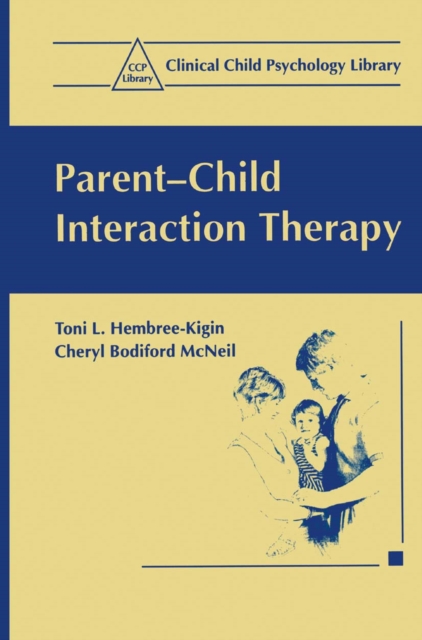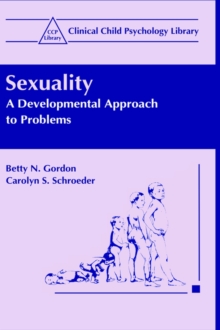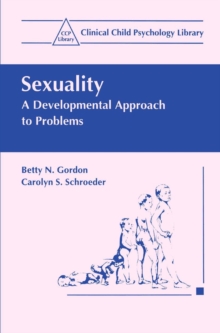
Parent-Child Interaction Therapy PDF
by Toni L. Hembree-Kigin, Cheryl Bodiford McNeil
Part of the Clinical Child Psychology Library series
Description
The development and evaluation of Parent-Child Interaction Therapy (PCIT) has been a very rewarding aspect of my academic career, and I am excited to see the program detailed in this excellent clinical guide.
PCIT is a short-term intervention with documented effectiveness that has much to offer mental health professionals who work with young behaviorally disordered children.
After approximately 12 therapy hours, improvements can be seen in parenting stress levels, parent-child interactional patterns, parenting skills, child disruptiveness, and child compliance.
Yet, prior to the publication of this practitioner guide book, relatively few child therapists have had exposure to this innovative treatment approach.
The development of PCIT began in the early 1970s. I had recently completed a doctoral program focusing on behavioral parent-training procedures and a postdoctoral experience emphasizing traditional play therapy approaches with children.
Despite the wide theoretical gap between these two orientations, I recognized that each had valuable therapeutic elements that could contribute to an overall treatment package.
It became an exciting challenge to integrate traditional and behavioral concerns.
I was particularly interested in developing a child behavior modification program with strong relationship-based components.
The work of my colleague, Constance Hanf, had a direct influence on the development of PCIT.
Hanf outlined a two-stage, operant model for modifying the noncompliant behavior of young children.
The first stage emphasized following the child's lead and using differential attention during play sessions.
Information
-
Download - Immediately Available
- Format:PDF
- Publisher:Springer US
- Publication Date:29/06/2013
- Category:
- ISBN:9781489914392
Other Formats
- Hardback from £154.85
- PDF from £118.58
- Paperback / softback from £49.99
Information
-
Download - Immediately Available
- Format:PDF
- Publisher:Springer US
- Publication Date:29/06/2013
- Category:
- ISBN:9781489914392










